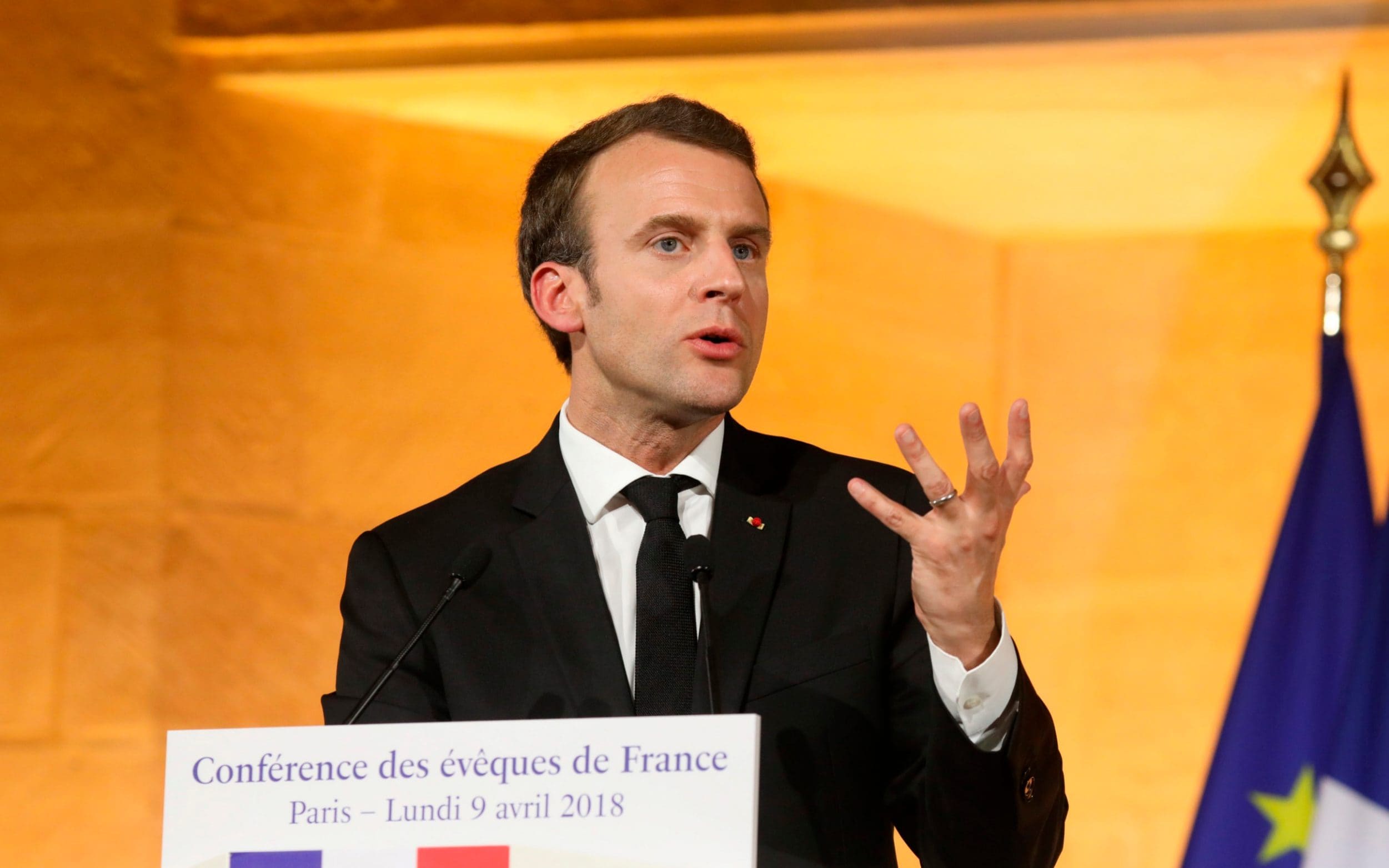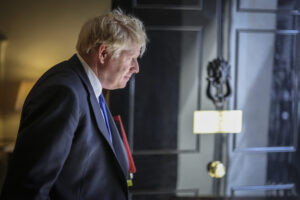
Credits: Paul Kagame / Flickr
Every so often, the debate between freedom of expression and freedom of religion is thrust into France’s public sphere. France finds itself embroiled in a zero-sum tug of war between an unfettered sense of free speech and an obligation to respect religious beliefs, centred around an unfortunate tragedy. Some nationals proudly invoke the Constitution of 1958 and the principle of separation between Church and State, while others champion their religious rights. Ironically, France’s Declaration of the Rights of Man and Citizen 1789 (‘the Declaration’) protects both freedoms in the same breath: “No one may be disturbed on account of his opinions, even religious ones, as long as the manifestation of such opinions does not interfere with the established Law and Order.”
This year was by no means an exception. Charlie Hebdo published satirical cartoons mocking the Prophet Muhammad and the headscarf — both considered sacred elements of the Islamic faith held by over 3 million French nationals. National outrage ensued followed by a rogue episode of violence against four innocent victims and subsequent national mourning. Except this time, in commemorating the victims Macron went further than the sentiment of “Je Suis Charlie”– he projected the disputed cartoon on government buildings in Montpellier and Toulouse.
Such an overt action of State endorsement and association with religious satire is problematic in two ways.
First, it perpetrates a misjudged absolute right to freedom of expression. On the contrary, French law qualifies this with the interests of “Law and Order” and the prevention of “abuse” in Articles 10 and 11 of the Declaration. To be clear, this does not necessarily mean there is a right to not be offended by vulgar or crude speech. It does mean, however, that one is protected from hateful incitement or discrimination on the basis of their religious affiliation. Whether or not derogatory satire qualifies as incitement, the State would do well to remember that their complicity with offensive and divisive expression undermines the heart of Article 1 of the Constitution: “It shall respect all beliefs.”
Article 10 of the European Court of Human Rights (‘ECHR’) goes further in caveating freedom of expression to conditions “necessary in a democratic society”; “national security”; “territorial integrity or public safety”; “prevention of disorder and crime” and even the “protection of the reputation or rights of others”. The respect towards fellow citizens’ religious leaders and symbols falls within their right to freedom of religion under the ECHR, and thus French law. Article 9 warrants (qualified) protection to manifest a religious belief, but provides absolute protection to hold one.
There is a principled case to be made that the beliefs in the Prophet Muhammad’s way of life and the values of the headscarf are pivotal to an “Islamic orientation” – falling under absolute protection. Further, they constitute the beliefs of the Muslim population in France and are necessarily part of the pluralism, co-existence and integration valued by any democratic society. In any case, against the backdrop of violence in 2015, the exercise of Charlie Hebdo’s freedom of expression this time was misjudged against public safety and the prevention of disorder.
Second, and more importantly, aligning with Charlie Hebdo betrays France’s commitment to secularism. After the French Revolution, the newly-found French Republic declared itself a secular state modelled after laicism: the deliberate one-sided exclusion of religion from the public and political realms. Going further than other European counterparts, the right to secular education at all levels was imposed on the State to guarantee. While the principle of separation dates back to its 1905 Act, it was constitutionalised in Article 1, “France shall be an indivisible, secular, democratic and social Republic.” To date, secularism is still considered a founding principle of the Republic.
Yet its secular roots were always intertwined with a commitment to democracy. This means that the rights and interests of citizens were always inherent to its conception of a Republic. In all the ways Prime Minister Macron could have eulogised the late victim’s tragic murder (a touching tribute to the individuals or a gesture to their families to name some) and unified the nation, he chose to legitimise the offensive expression with State approval. Not only did he abandon the principle of separation, but he missed an opportunity to remind the French that religion and nationalism are not mutually exclusive.
“It’s France that has been attacked” declared Prime Minister Macron mournfully in the aftermath of the Nice knife attack. This is true, but France’s response to the attack positioned its founding principles of Laïcité and Fraternité in the direct line of fire.


